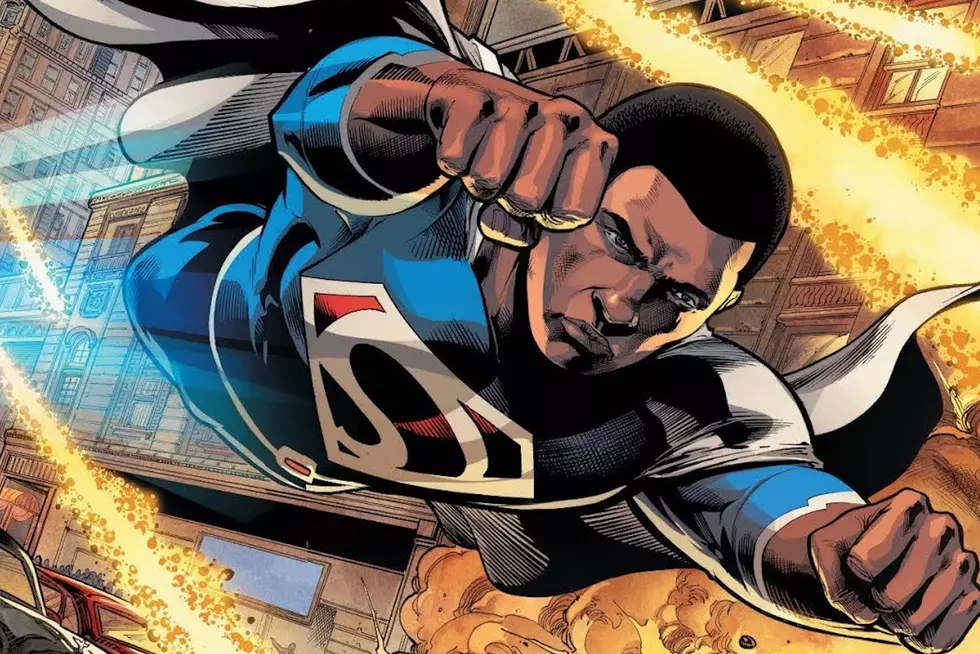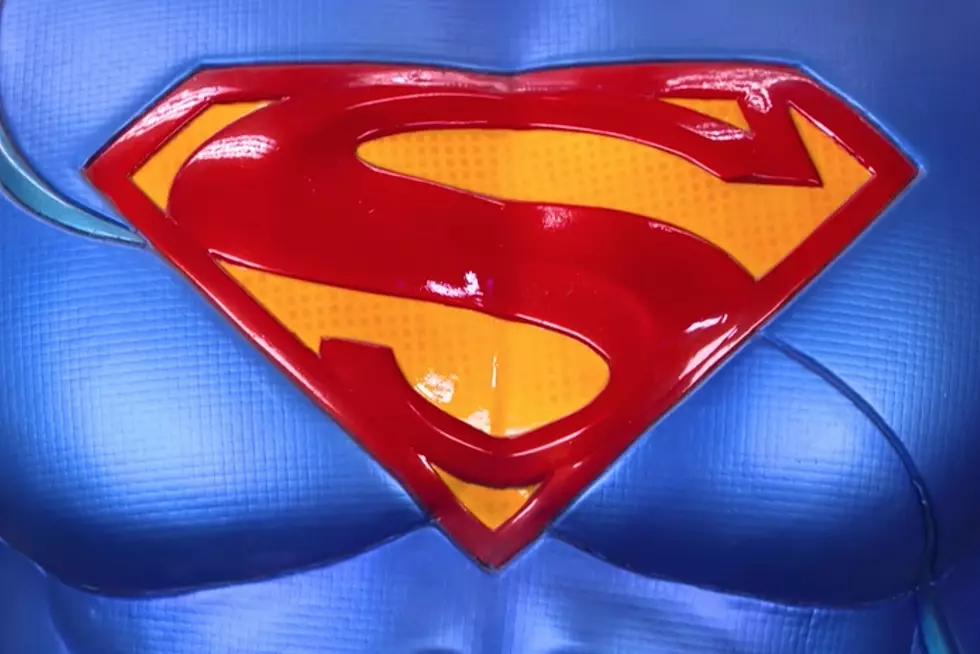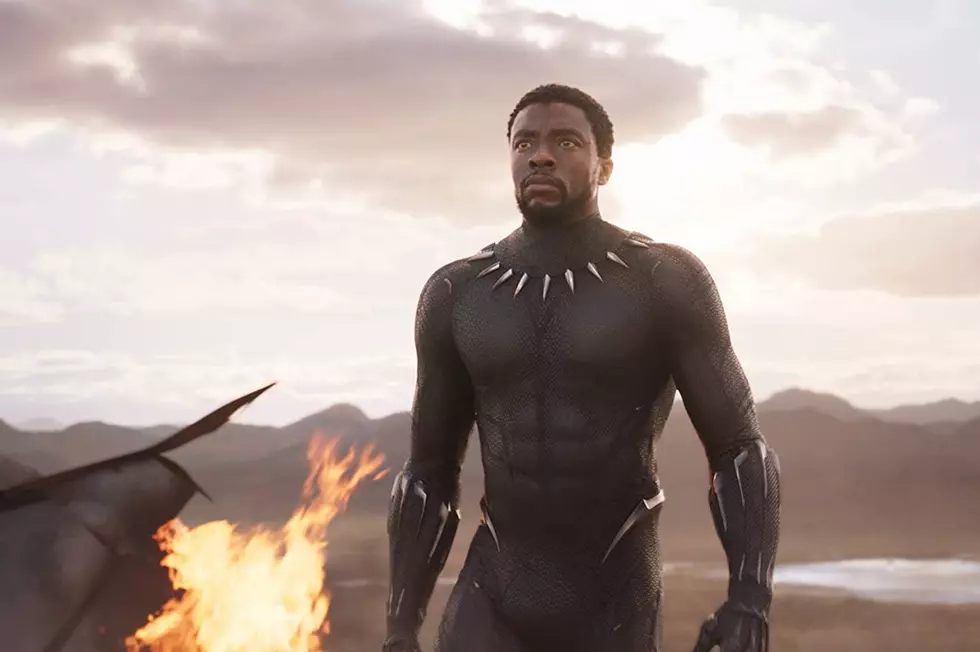
21st Century Monarch: A Tribute To T’Challa, The Black Panther
On this day in 1966, in the pages of Fantastic Four #52, Stan Lee and Jack Kirby introduced the world to Wakanda, the most technologically advanced civilzation in the world, hidden in the heart of the African continent. At the head of this great nation was its king, T’Challa, who had recently assumed the throne from his father, and with it the title of the Black Panther.
This era of comics is almost unquestionably the height of Lee and Kirby’s collaboration; in one year of comics they introduced the Inhumans, Galactus, Silver Surfer, and Black Panther. T’Challa’s debut appearance even takes place only one issue after “This Man, This Monster,” arguably the greatest Lee/Kirby story ever --- but with the introduction of Black Panther, they would help revolutionize comics forever.
It doesn’t seem much now, but in 1966 it was completely radical for Lee and Kirby to present a story where the most technologically advanced nation in the world was not America, but was in fact in Africa. There are contingents of fans who want to block progress and inclusivity in comics today, yet Marvel was making a bold endorsement of these ideals when it introduced Black Panther and Wakanda in the 1960s.
T’Challa guest starred in Fantastic Four on-and-off, joined The Avengers’ roster two years later in 1968, and briefly taking the name Black Leopard to avoid association with the Black Panther political movement. In 1973 he received his first starring feature in the pages of Jungle Action, written by Don McGregor and penciled by Rich Buckler, Gil Kane, and Billy Graham.
Jungle Action was revolutionary in its own way for introducing one of the first multi-issue story arcs in comics with the story “Panther’s Rage.” Although common practice now, McGregor’s longform storytelling in the pages of Jungle Action was almost unprecedented. “Panther’s Rage” was followed-up by the controversial “Panther vs. the Klan” arc, one of the rare occasions that superhero comics delved so closely into real-life politics, as T’Challa came to America and fought the Ku Klux Klan.
Jack Kirby would take over the character in a new self-titled series, which went in a very different direction, introducing the time-travelling King Solomon’s Frogs, but Kirby was unhappy on the series and left shortly after.
The character spent decades bouncing between creative teams without much sticking in any real way, and spent much of his time as a supporting character for either the Avengers or the Fantastic Four. It wouldn’t be until the late '90s that Black Panther would be rejuvenated once again, under the nascent Marvel Knights imprint, which allowed creators more freedom to tell more cutting edge stories.
Arguably the greatest run on Black Panther was by writer Christopher Priest, who dug deep into the character's history while constantly innovating and providing new threats and challenges for T’Challa to face. His run with artists Mark Texeira, Joe Jusko, Vince Evans and others featured classic Panther foes such as Killmonger and his brother White Wolf, but also introduced the fanatical Reverend Achebe, who sold his soul to the demon Mephisto for power in Wakanda.
The character of Everett K. Ross, previously created in the pages of Ka-Zar, was used as a point-of-view character to introduce Marvel's predmonantly white readers to a largely black cast of characters. The series also introduced Chanté Brown, a street smart teenager from Chicago better known as Queen Divine Justice, as a way to challenge the practices and customs of Wakanda.
In the mid-2000s, T’Challa was wed to Ororo Munroe, AKA Storm of the X-Men, in a much publicized event in the pages of Reginald Hudlin’s run on the series. The reception to the wedding was mixed, with a lot of criticism levelled at Marvel for marrying off their two most prominent black superheroes when they had very little prior history together. The wedding was annulled following the Avengers vs X-Men event.
After a brief diversion taking over Matt Murdock's role as the protector of Hell's Kitchen, Panther's next major role was as a recurring figure in stories by Jonathan Hickman. In books such as Fantastic Four, New Avengers and Secret Wars, Panther took on the mantle of King of the Dead and was imbued with the power and knowledge of every Panther that came before him. In 2016, journalist and novelist Ta-Nehisi Coates and the legendary Brian Stelfreeze launched their take on the character in a new solo series to widespread critical acclaim, offering a nuanced take on Wakandan politics the people it affects.
Black Panther has been one of Marvel’s most important characters for more than fifty years, and he has always been at the forefront of politically charged stories that can change the way we approach comics as readers, critics and creators. With Coates and Stelfreeze pushing the character to greater prominence in the comics, and director Ryan Coogler and actor Chadwick Boseman bringing him to the screen in 2018, it’s a great time to be a Black Panther fan.
Learn More Black Panther Facts You May Not Know
Check Out Some Of The Best Black Panther Art
More From ComicsAlliance









